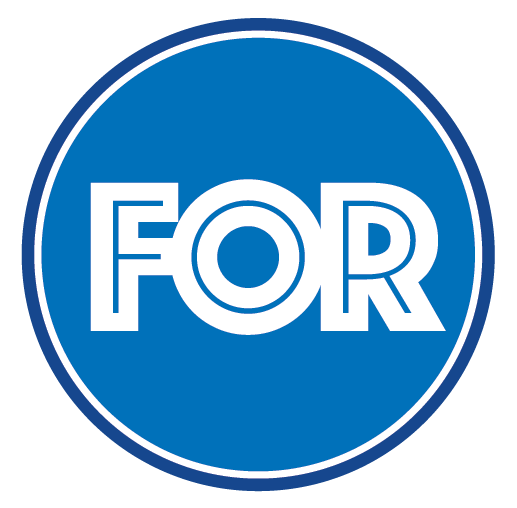Increasing the number of Long-Term Care Ombudsman in North Carolina
Long-Term Care Ombudsmen
FORLTC is advocating to increase the ratio of ombudsmen to residents and bring it to national recommended standards.
Who do Ombudsmen Serve?
Ombudsmen serve North Carolinians living in long-term care facilities in our state. This includes residents in nursing homes, adult care homes, or family care homes. As a group, Ombudsmen serve and protect some of the most vulnerable and needy citizens in the state. These residents in long-term care homes include:
Older persons suffering from a wide range of serious physical health, mental health, or memory challenges,
Younger persons with physical disabilities,
Younger adults with intellectual challenges, or
Younger persons facing serious mental health challenges.
What do Ombudsmen Do?
Ombudsmen do an incredibly wide range of important activities in their quest to assure North Carolinians in long-term care receive the treatment and care that they deserve. These critical activities include:
Working to resolve complaints made by or for residents of long-term care facilities,
Advocating for residents' rights and quality care in all long-term care settings,
Educating consumers and long-term care providers about residents' rights and good care practices,
Promoting community involvement through volunteer opportunities,
Recommending changes to laws, regulations and policies affecting residents in long-term care,
Providing information to the public on nursing homes and other long-term care facilities and services, residents' rights and legislative and policy issues,
Promoting the development of citizen organizations, family councils and resident councils, and
Overseeing and supervising Community Advisory Committees and volunteer ombudsmen.
Why do We Need More Ombudsmen?
The National Academy of Sciences Institute of Medicine, in 1995, recommended one full time equivalent (FTE) paid Ombudsman per every 2,000 long-term care (LTC) beds.
Using this guideline, with 92,500 LTC beds, NC needs at least 46.2 FTE Ombudsman. Yet, North Carolina is currently staffed at 35.5 LTC Ombudsman statewide, leaving a gap of 10.7 ombudsmen. Ombudsmen in North Carolina are responsible for 30 percent (600) more beds than recommended by the experts at the Institute of Medicine. Such an overload puts residents in LTC in North Carolina at risk. The may not receive the protection and services they should expect from Ombudsmen.
What Meeting National Standards Would Cost?
The NC Division of Aging and Adult Services estimates for both direct and indirect costs, $95,000 is needed to support 1 FTE ombudsman (state and federal funds). This means an additional $1,016,500 is needed annually to bring North Carolina’s program up to recommended standards.


